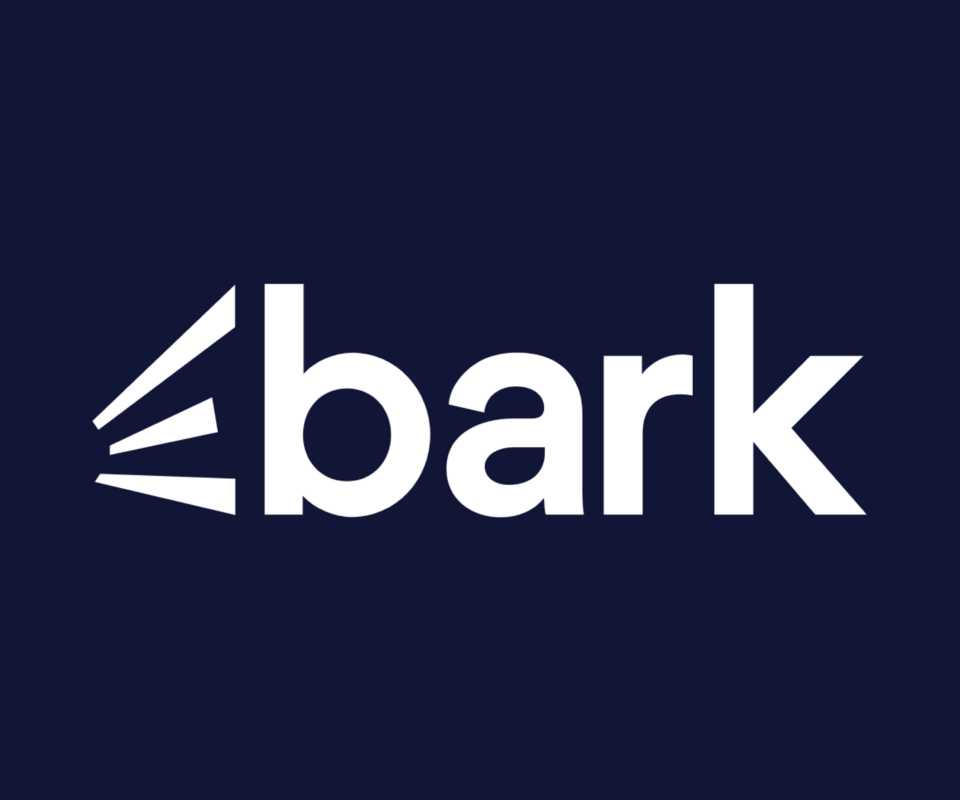
Starting an online business in the UK can be a game-changer, especially in service industries like plumbing. Let’s assume you run a high-quality plumbing service with great customer reviews on Google Maps, but you don’t yet have a professional website. A minimalist, well-designed website can act as your digital business card, helping you attract more customers and establish credibility.
This guide is specifically for plumbers in the UK (especially London) who need a web design service but don’t know where to start. Below are the essential steps:
Step 1: Purchase a Domain Name
The first thing you need is a domain name (.com, .co.uk, or .co). While the domain itself doesn’t directly impact your ranking, I recommend keeping it short and memorable. Many SEO myths suggest that including keywords in your domain doesn’t help, but in my experience, having a primary keyword (e.g., MikePlumberServices.com) can make SEO ranking easier in the long run.
Once you choose a domain name, you’ll need hosting. After consulting with your web designer, you’ll determine whether the website will be custom-built or built on a platform like WordPress or Wix.
Hosting Recommendations
I personally recommend Bluehost (not affiliated, just based on positive experiences), but other reliable providers include GoDaddy, Namecheap, and SiteGround. A domain typically costs £8-£10 per year, while basic hosting for a presentation website is around £3-£4 per month. Annually, you’re looking at approximately £60 for both domain and hosting.
Step 2: Website Development
Once the domain and hosting are set, the actual web development begins. A web design agency can be contacted at any stage—before or after purchasing a domain.
Building the Website
At Lemongraf.com, we work directly on the server. To start, we need hosting access to set up the database and platform. If it’s a custom project, we design in Figma and develop using PHP and JavaScript. Each agency has its internal processes, but generally, the project starts with a client consultation to understand:
- Which services to highlight
- Preferred color schemes and branding
- Additional functionalities (e.g., online booking form, WhatsApp integration)
Website Structure
For plumbing businesses, a well-organized site structure is essential. We typically follow this layout:
- Home
- Services (with individual pages for each service to boost SEO)
- Portfolio (Our Work)
- About Us
- Blog
- Contact
- Additional pages (FAQ, GDPR, Terms & Conditions) based on business needs
A good website should be simple, easy to navigate, and fully optimized for mobile devices (as 85%+ of visitors browse via mobile).
Step 3: Website Speed Optimization
Speed matters—not just for plumbers but for all service-based businesses. A slow website can hurt user experience and SEO rankings. Best practices include:
- Using a lightweight theme
- Minimizing unnecessary plugins
- Optimizing images
- Running Google PageSpeed Insights tests
Step 4: SEO Optimization
SEO (Search Engine Optimization) is crucial for ranking on Google. A well-optimized website increases visibility, bringing in more leads over time.
On-Page SEO (internal optimization):
- Using keyword-rich content
- Structuring content with proper headings (H1, H2, H3)
- Optimizing meta titles and descriptions
- Creating SEO-friendly URLs
Off-Page SEO (external efforts):
- Backlinks (links from other websites)
- Publishing blog articles and guest posts
- Local citations in business directories
Technical SEO:
- Google Search Console setup (to monitor site health and errors)
- Fixing broken links (404 errors)
- Submitting XML sitemaps to Google
Content Strategy for SEO:
- Posting one blog article per week helps build long-term rankings
- Creating location-based content (e.g., “Best Plumbing Services in London”)
Conclusion
Launching an online business in the UK—especially in the service sector like plumbing—requires careful planning. From domain purchase to SEO optimization, every step impacts your online success. If executed correctly, this process will significantly increase customer inquiries and brand credibility over time.
I’m Andrei Alexa, founder of Lemongraf.com. If you have any questions, feel free to reach out! 🚀




